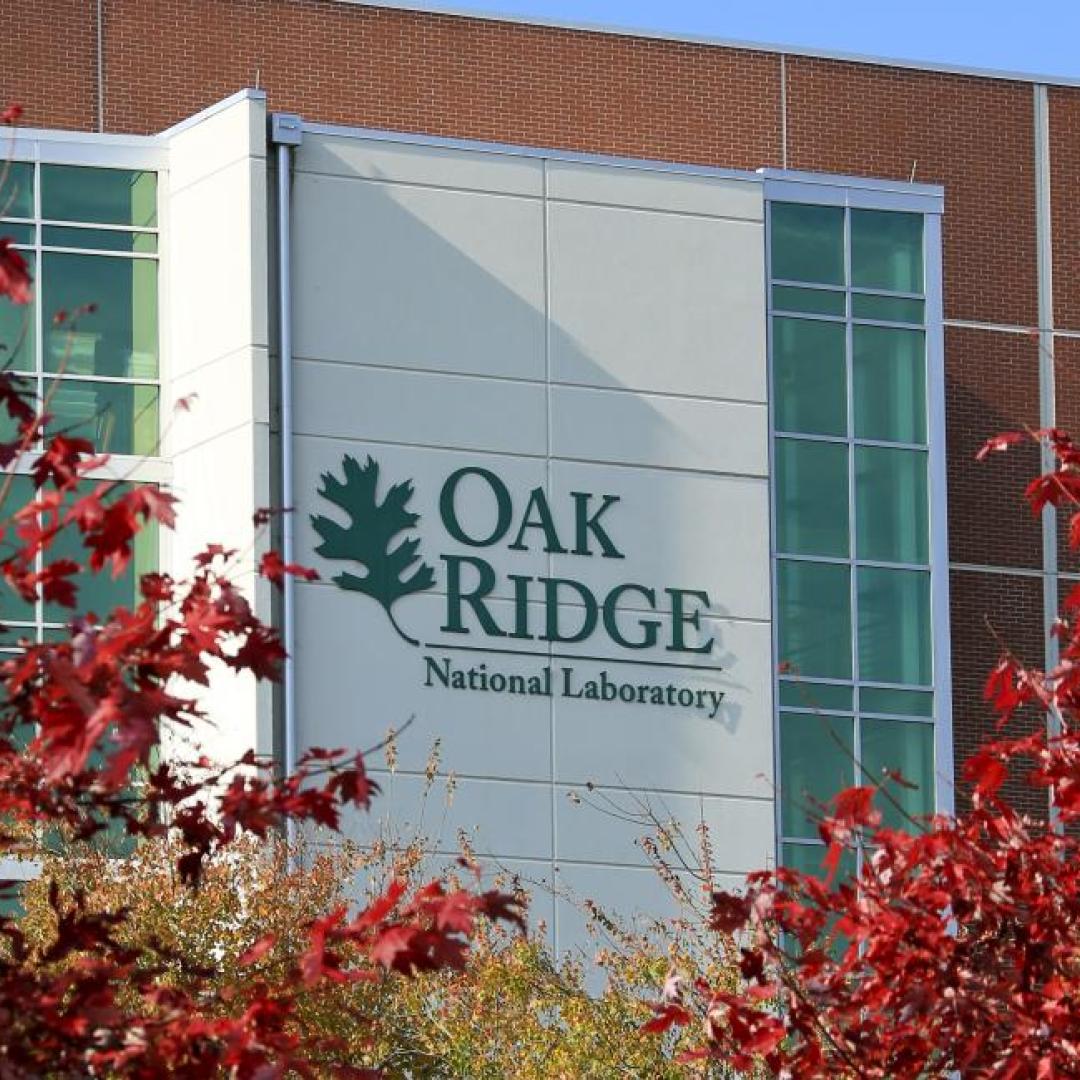Filter News
Area of Research
News Topics
- (-) Coronavirus (17)
- 3-D Printing/Advanced Manufacturing (43)
- Advanced Reactors (10)
- Artificial Intelligence (27)
- Big Data (7)
- Bioenergy (24)
- Biology (22)
- Biomedical (17)
- Biotechnology (7)
- Buildings (12)
- Chemical Sciences (27)
- Clean Water (1)
- Climate Change (21)
- Composites (9)
- Computer Science (56)
- Critical Materials (10)
- Cybersecurity (17)
- Decarbonization (17)
- Education (3)
- Element Discovery (1)
- Energy Storage (40)
- Environment (35)
- Exascale Computing (9)
- Fossil Energy (1)
- Frontier (14)
- Fusion (14)
- Grid (15)
- High-Performance Computing (25)
- Isotopes (16)
- ITER (2)
- Machine Learning (12)
- Materials (58)
- Materials Science (50)
- Mercury (2)
- Microscopy (16)
- Molten Salt (2)
- Nanotechnology (26)
- National Security (16)
- Net Zero (3)
- Neutron Science (49)
- Nuclear Energy (25)
- Partnerships (25)
- Physics (24)
- Polymers (12)
- Quantum Computing (9)
- Quantum Science (27)
- Renewable Energy (1)
- Security (11)
- Simulation (8)
- Space Exploration (3)
- Statistics (1)
- Summit (20)
- Sustainable Energy (32)
- Transformational Challenge Reactor (4)
- Transportation (25)
Media Contacts

Scientist-inventors from ORNL will present seven new technologies during the Technology Innovation Showcase on Friday, July 14, from 8 a.m.–4 p.m. at the Joint Institute for Computational Sciences on ORNL’s campus.
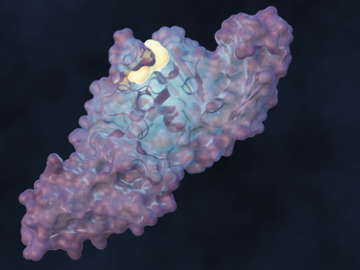
A team of scientists led by the Department of Energy’s Oak Ridge National Laboratory designed a molecule that disrupts the infection mechanism of the SARS-CoV-2 coronavirus and could be used to develop new treatments for COVID-19 and other viral diseases.

Five technologies invented by scientists at the Department of Energy’s Oak Ridge National Laboratory have been selected for targeted investment through ORNL’s Technology Innovation Program.

The Frontier supercomputer at the Department of Energy’s Oak Ridge National Laboratory earned the top ranking today as the world’s fastest on the 59th TOP500 list, with 1.1 exaflops of performance. The system is the first to achieve an unprecedented level of computing performance known as exascale, a threshold of a quintillion calculations per second.
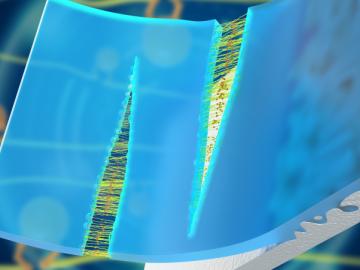
Research teams from the Department of Energy’s Oak Ridge National Laboratory and their technologies have received seven 2021 R&D 100 Awards, plus special recognition for a COVID-19-related project.
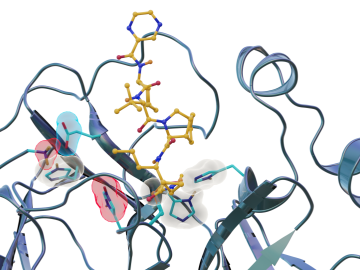
Scientists have found new, unexpected behaviors when SARS-CoV-2 – the virus that causes COVID-19 – encounters drugs known as inhibitors, which bind to certain components of the virus and block its ability to reproduce.
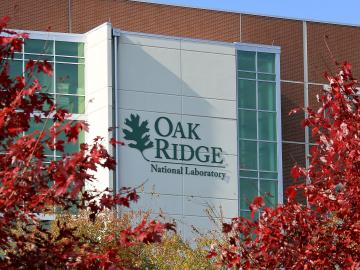
Thirty-two Oak Ridge National Laboratory employees were named among teams recognized by former DOE Secretary Dan Brouillette with Secretary’s Honor Awards as he completed his term. Four teams received new awards that reflect DOE responses to the coronavirus pandemic.
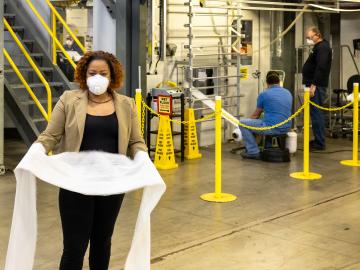
Three technologies developed by ORNL researchers have won National Technology Transfer Awards from the Federal Laboratory Consortium. One of the awards went to a team that adapted melt-blowing capabilities at DOE’s Carbon Fiber Technology Facility to enable the production of filter material for N95 masks in the fight against COVID-19.

The annual Director's Awards recognized four individuals and teams including awards for leadership in quantum simulation development and application on high-performance computing platforms, and revolutionary advancements in the area of microbial
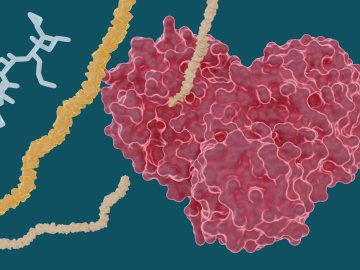
Experiments led by researchers at ORNL have determined that several hepatitis C drugs can inhibit the SARS-CoV-2 main protease, a crucial protein enzyme that enables the novel coronavirus to reproduce.




